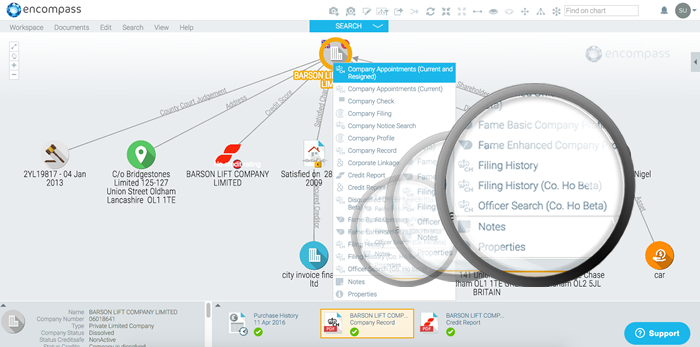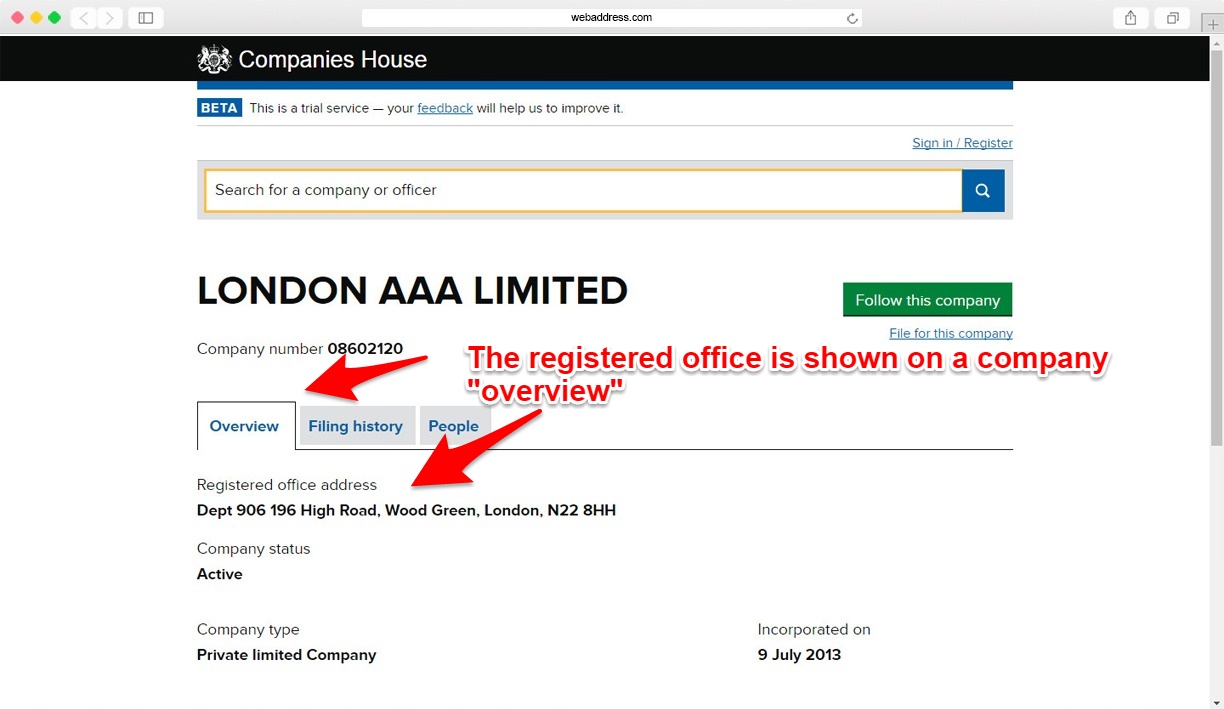

But, since they did not graduate in 2020 or 2021, they are ineligible for any forgiveness. For those debtors, it may take them ten or more years to pay off their debt. But what about those recent graduates from 2019 and before, who are still struggling with student debt? There are many student debtors with incomes over $125,000 yet have outstanding loan balances in the six figures. Much criticism of the White House’s debt forgiveness program focuses on the percieved unfairness to those former student-debtors who graduated and paid off their debt before 2020 (before then-candidate Biden promised student debt relief and won the Presidency and before the freeze of student loan interest and payments during the pandemic). Whether intentional or unintentional, this loophole for certain high-income debtors is likely to cause even more strife over who should be eligible for relief - should everyone be treated equally or should high-income debtors, often with high balances, be excluded? Moreover, it creates a strange inequality among those recent graduates with high-incomes. But what should be made of the fact that the White House did not close this loophole, as it easily could with a just few tweaks of the language?Įxcerpt from the White House’s application form preview for its student loan forgiveness program.

Instead of saying that a debtor could qualify if their income was below the threshold in “either” 2021 “or” 2020, the form could have said “both” 2021 “and” 2020 - specifically excluding anyone whose income exceeded the threshold in either year (or if their estimated income would exceed that threshold in 2022). If the White House did not want to create this loophole, it could have written the application differently.


The Student Loan Interest Deduction was similarly restricted to lower-income debtors, in theory, but in practice, many high-income debtors could deduct student loan interest on their taxes for at least the year they graduated from school (assuming they made less than the $70,000 income-cap during that first partial tax-year). This is actually not the first time that a government student debt program with an income-cap (designed to restrict the program to lower-income debtors) has provided a loophole for certain high-income debtors as well.


 0 kommentar(er)
0 kommentar(er)
